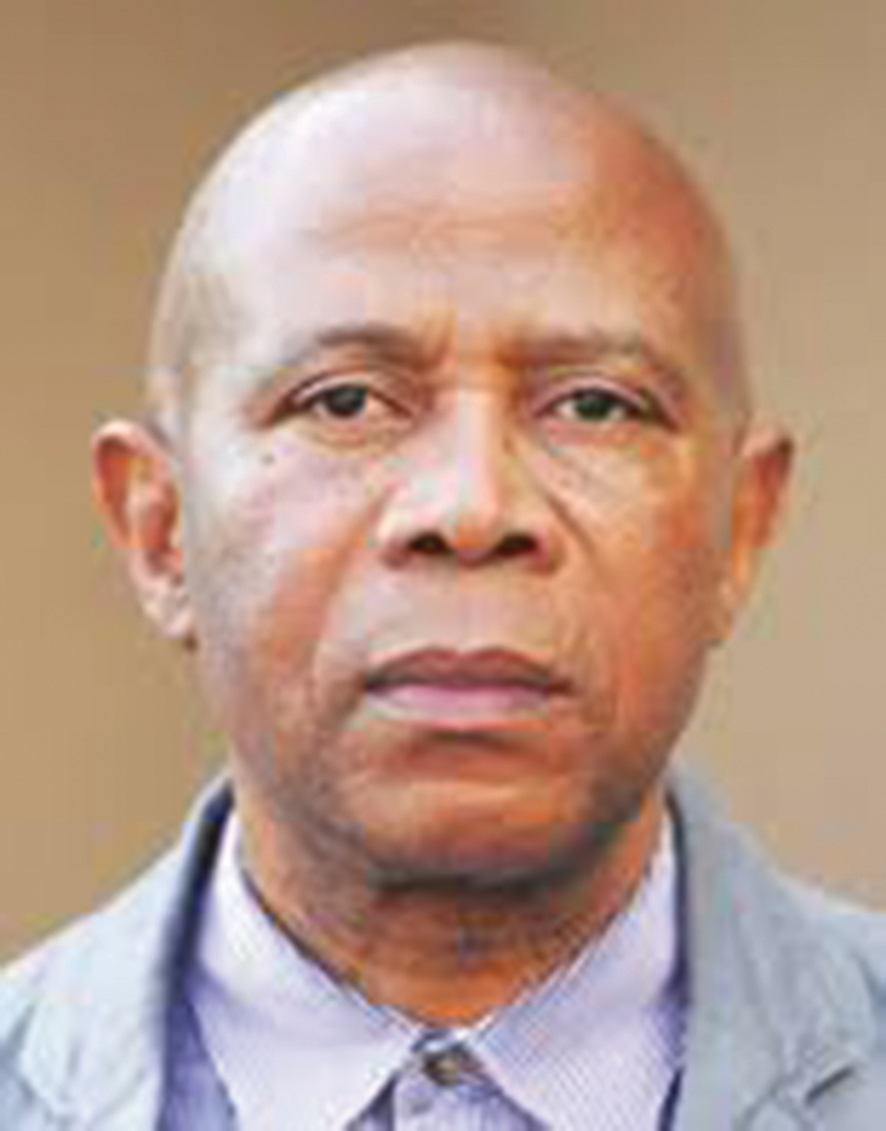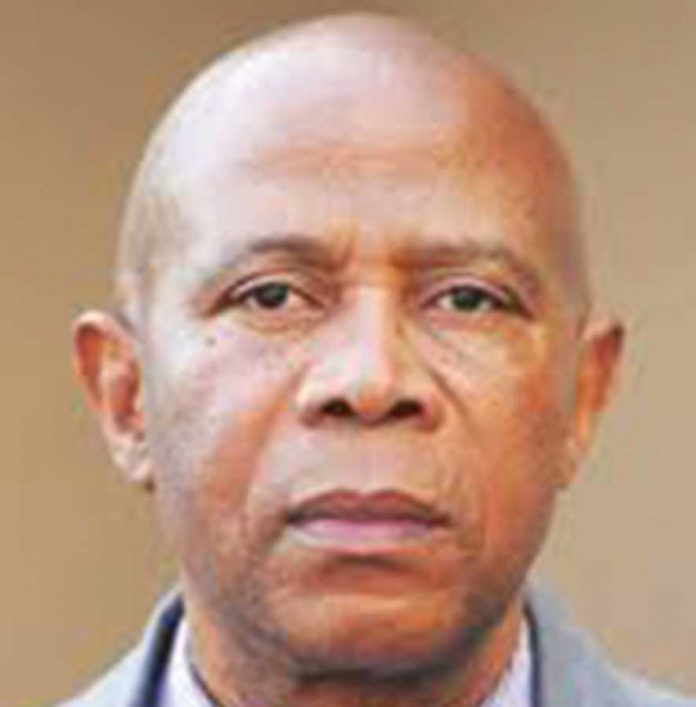Izinkabi, a Zulu word, in its ordinary daily usage connotes no harm; it literally refers to a herd of cattle, and is never meant to make reference to a human being.
However, in today’s political lexicon its meaning has changed. It has become a word that invokes terror, assassination and death, often associated with hired hitmen who use firearms to kill and eliminate political rivals posing a threat to ascension to political power of their masters.
The practice is prevalent in but not limited to KwaZulu-Natal, as Mpumalanga and other areas have had their fair share of political assassinations.
While political assassinations are rife within the ANC, they do often rear their ugly head among other political organisations, including the IFP and the National Freedom Party, whose membership is mostly concentrated in KwaZulu-Natal.
There is a long-held legend within the ANC that it was Tokyo Sexwale, then premier of Gauteng, who in the 1990s first alerted his comrades to the strong prevalence of izinkabis in Thokoza township, Ekurhuleni – a township that was at the centre of heavy political
rivalry and fighting and killings between the ANC and IFP.
Sexwale would, as the legend goes, whisper into the ears of some of his comrades, including his dearest and now departed comrade, Sam Ntuli: “I have never known, outside of KwaZulu-Natal, of a place that teems with as many izinkabis as there are here in Thokoza. They crawl in every street and nook.”
The legend goes on to say that after uttering these words, Sexwale would chuckle with cynicism, to express his distaste for the level at which black people had allowed themselves to be “bought”, Judas Iscariot-style, to commit dastardly deeds for political gain.
Sadly, it was to be the same “izinkabis” Sexwale talked about that would violently pump 11 bullets into Ntuli’s car, killing him in Thokoza in 1991.
At the time of his death on September 29 1991 Ntuli was the chairperson of the Thokoza Civic Association, and the general secretary of Civic Association of Southern Transvaal, the forerunner to the South African National Civics Organisation. .
Ntuli’s assassination in 1991 should not only be seen in the context of the prevailing political terrain of the time, but rather as a continuum.
The assassination of Chris Hani in 1993 should be seen in that context, if it is true that the contestation for power within the ANC has often been accompanied by violence, and assassination.
The country knows that it was Janusz Walus, the convicted murderer, who pulled the trigger that ended the life of Hani, then a shining SACP leader destined to play a prominent role in the new life of political democracy in South Africa.
But to this day the country does not know the voice of the person that whispered in the ears of Walus to pull the trigger. That voice will probably never be known.
Nelson Mandela, as negotiations to replace apartheid unfolded, was saddened by Hani’s death, and so were many South Africans, for he was seen as a practical political theorist to help steer the new order in the right direction. Hani is dead. Ntuli is dead. Former ANC Youth League secretary Sindiso Magaqa is dead.
The izinkabis continue to wield forepower.
Various reports place the number of political assassinations in KwaZulu-Natal since the end of apartheid at about 450, and there could be more. The hiring of izinkabis for political killings continues and has become the norm.
Ntuli opposed the apartheid system. Izinkabis of a kind, possibly owing allegiance to the apartheid system, were ordered to end his life. Hani, perhaps a future president, had his life cut short by a white inkabi immigrant. Magaqa, the ANC councillor in Mzimkhulu, KwaZulu-Natal, had his life cut short, allegedly by the ANC izinkabis.
On April 27, it will be 28 years since the new democratic order was installed and its first leader Mandela preached peace, and the silencing of guns. His wise counsel has not been heeded.
- Mdhlela is a freelance journalist, an Anglican priest, an ex-trade unionist and former publications editor of the South African Human Rights Commission journal

Follow @SundayWorldZA on Twitter and @sundayworldza on Instagram, or like our Facebook Page, Sunday World, by clicking here for the latest breaking news in South Africa. To Subscribe to Sunday World, click here.



